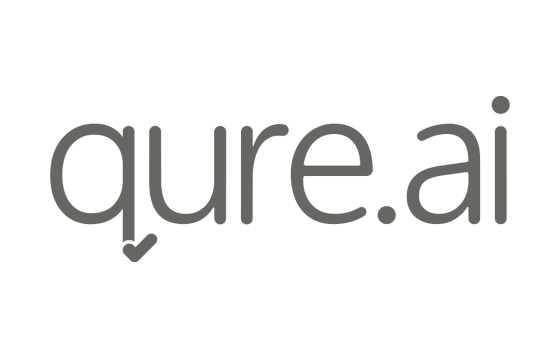 Frimley Health NHS Foundation Trust and Qure.ai have announced the early results of a pilot study using an innovative radiology AI solution to read and differentiate between normal and abnormal chest X-rays (CXRs).
Frimley Health NHS Foundation Trust and Qure.ai have announced the early results of a pilot study using an innovative radiology AI solution to read and differentiate between normal and abnormal chest X-rays (CXRs).
qXR, a CE class IIb MDR cleared solution developed by Qure, was deployed with the hypothesis to categorise normal x-rays - approximately 40% of the caseload from GP and outpatient requests - and augment overall reporting efficiency. The aim of the study was to highlight AI’s potential role in optimising radiology department workflows, to boost efficiency and enhance patient outcomes.
Early results show 99.7% accuracy in triaging CXRs as normal, with the potential to reduce consultant radiologist’s workload by up to 58% by transferring cases to radiographer reporting workload. This could save consultant radiologists up to 2 hours per day, freeing up time to concentrate on specialist and complex imaging reports.
Additionally, the qXR AI identified all cancer cases, including inconspicuous cancer risk nodules that may traditionally remain unnoticed. This heralds the potential of using AI for early detection and treatment of lung cancer.
Dr Amrita Kumar, Consultant Radiologist and AI Clinical Lead at Frimley Health NHS Foundation Trust states, "AI offers a transformative advantage to Frimley Health NHS Foundation Trust, enabling efficient triage of normal chest X-rays and empowering radiologists to focus on complex cases. By optimising efficiency, Qure's qXR Chest X-ray solution contributes to better patient outcomes and addresses the critical need for innovative AI solutions in the radiology department."
Darren Stephens, Senior Vice President & Commercial Head UK and Europe of Qure.ai comments, "The ongoing radiologist shortage, now estimated by Royal College of Radiologists to be 40% by 2027, underscores the importance of healthcare AI to help augment the precious human resource that currently exists, and ensure the delivery of the highest standard of patient care into the future. The qXR study at Frimley Health NHS Foundation Trust is testimony to the clinical leadership at the Trust in embracing AI as an opportunity for positive change."
For further information, please visit:
https://qure.ai
About Qure.ai
Qure.ai is a health tech company that uses deep learning and Artificial Intelligence (AI) tools to make healthcare more accessible and affordable to patients around the world in medical imaging & care coordination. Our technology fulfils a pertinent, unmet need in the radiology industry. With the aid of tools like those developed by Qure.ai, which work via a sophisticated set of algorithms that can instantly evaluate scans to prioritize actionable patient cases quickly, radiologists can focus their time and advanced skill sets on the most pressing diagnoses.